The Rising Need for Masks
Masks on planes and in airports have become a hot topic over the past year. Amid the challenges of air travel, one of the most pressing issues for travelers is avoiding illness in overcrowded terminals and packed plane cabins.
Seasonal Surge in Illnesses
Winter typically marks the peak of various viruses and bugs across the world. Currently, Australia is facing a significant surge in Covid-19 alongside an increase in flu cases. Experts note that both viruses are at a "critical point" of escalation. According to Deakin University’s epidemiology chair, Prof. Catherine Bennett, there is a direct correlation between the rise of Covid-19 and flu nationwide, both "at that critical point of takeoff where you see a rapid escalation."
Will Wearing Masks Help?
Given the surge in viruses and the crowded conditions at airports and on planes, many are asking: will wearing masks help travelers avoid illness this season?
Experts affirm that wearing a face mask remains a reliable way to reduce the risk of catching COVID or other viruses that could derail your travel plans.
Expert Opinion
Dr. Bernard Camins, medical director for infection prevention at the Mount Sinai Health System, emphasises: "If you want to avoid a respiratory viral infection, then you should wear a mask, and perform hand hygiene frequently."
While masks are not a perfect solution in environments where people may be coughing and sneezing freely, they still provide a valuable layer of protection. "Ideally, in order to prevent transmission of respiratory viral infections more effectively, everyone should wear a mask. Unfortunately, that is unlikely to happen."
Choosing the Right Mask
Choosing the right type of mask is crucial. Dr. Camins advises ditching cloth face coverings in favor of masks with certified filtration. "If one decides to wear a mask, they should choose a well-fitting effective mask," he says, recommending masks with independent testing to confirm high-filtration capability and a snug fit over the nose and mouth. Fortunately, "these top-notch masks are still easy to find nowadays," he adds.
Consistent Protection
Even if you're the only one on the plane wearing a mask, it significantly reduces your risk of exposure. It might be tempting to remove your mask in the airport for a breath of fresh air, but Dr. Camins advises keeping it on through most of your journey. "Airports can get pretty crowded, so it can increase the risk of contracting a respiratory viral infection," he explains. "The air on planes is filtered, so while one is in the air, the risk is lower than when the plane is on the ground."
A Broader Strategy
Masks should be part of a broader strategy to avoid illness. Dr. Camins stresses: "Masking should not be your only mitigating strategy. Wash your hands frequently with an alcohol-based hand sanitizer or with soap and water for at least 20 seconds. Cover your cough, meaning that you should wear a mask or cough into a tissue when around others." By following these simple steps, you can enjoy your travels and arrive at your destination without any unwanted viruses tagging along for the ride.

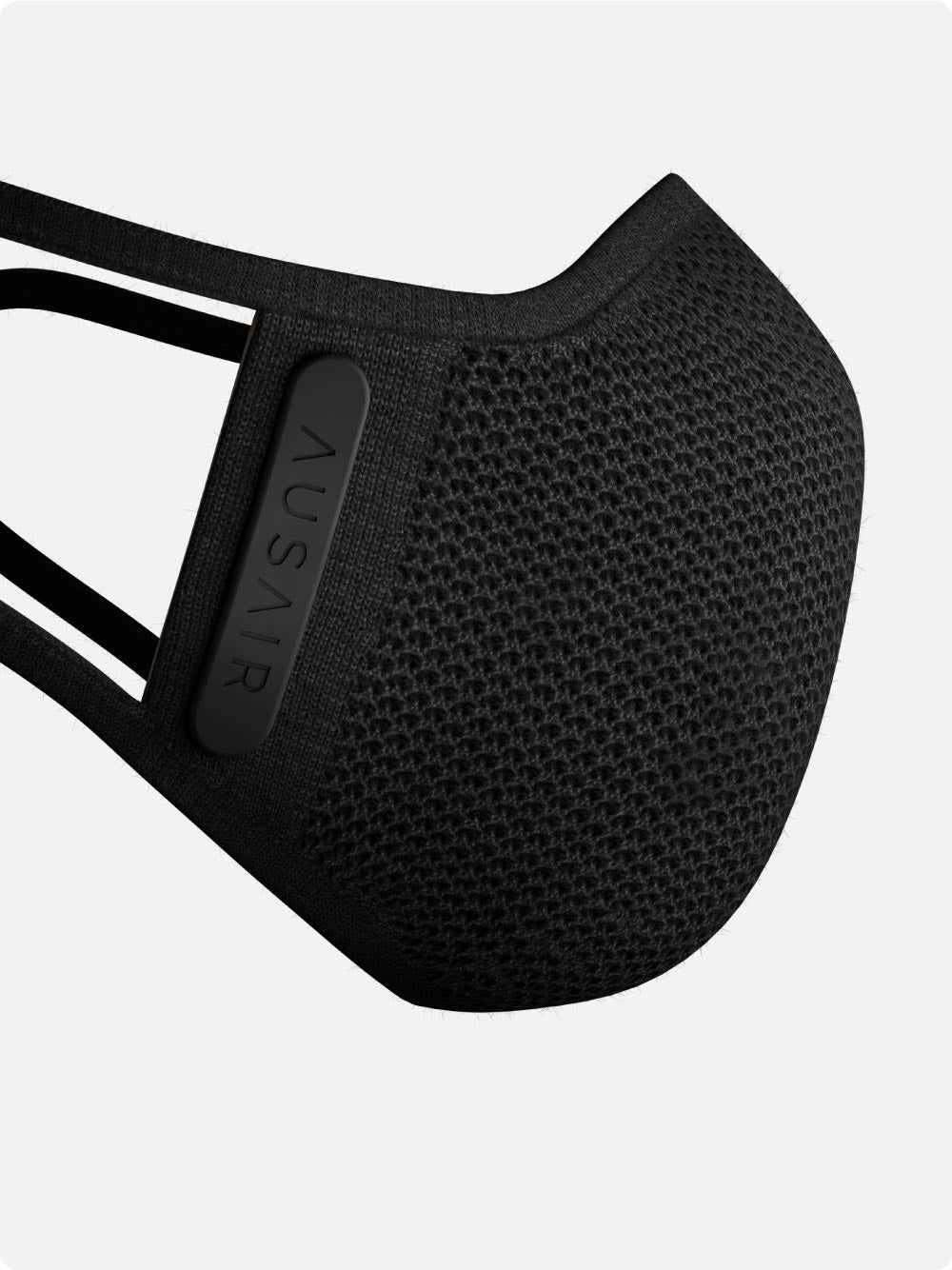
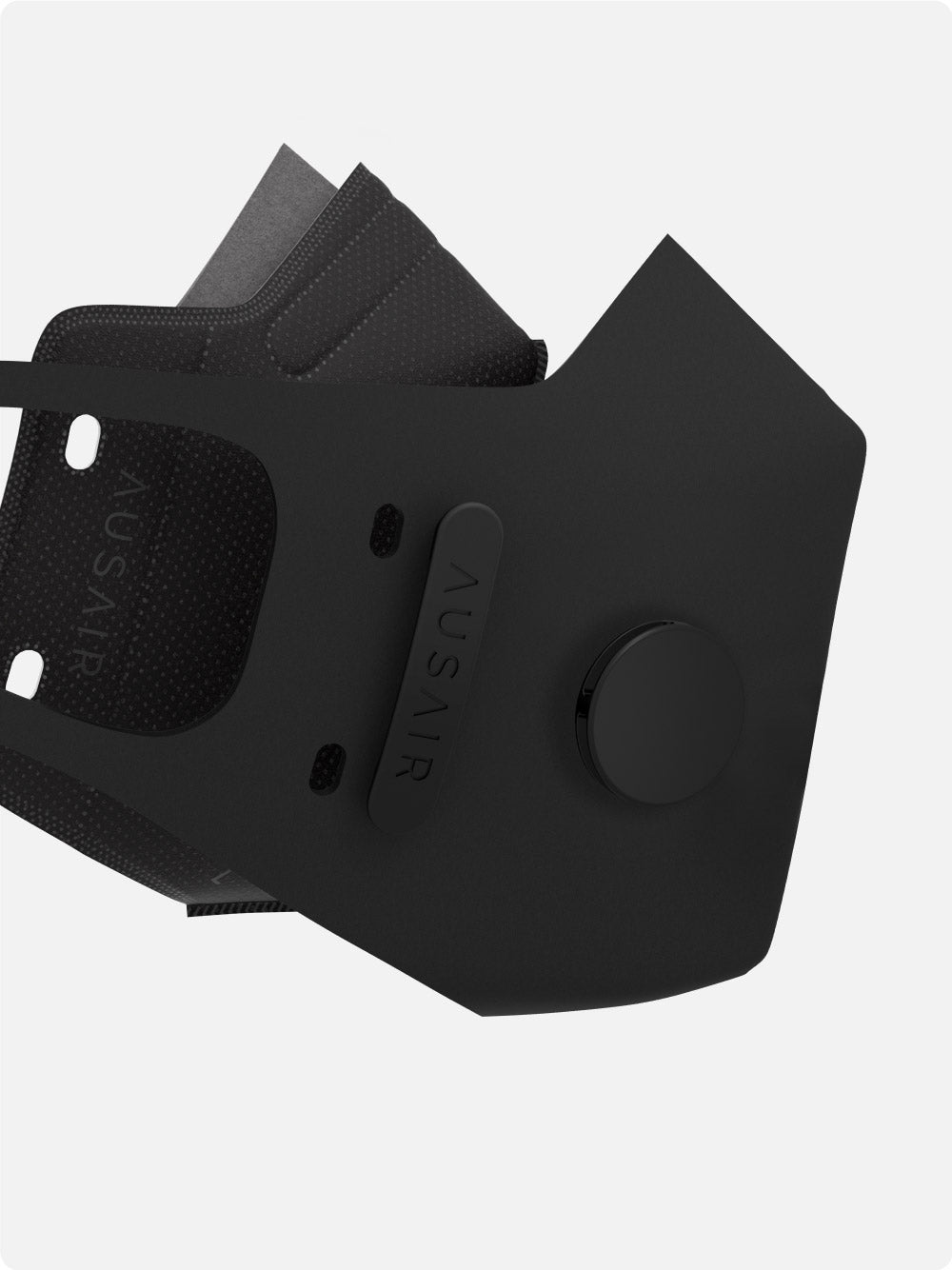
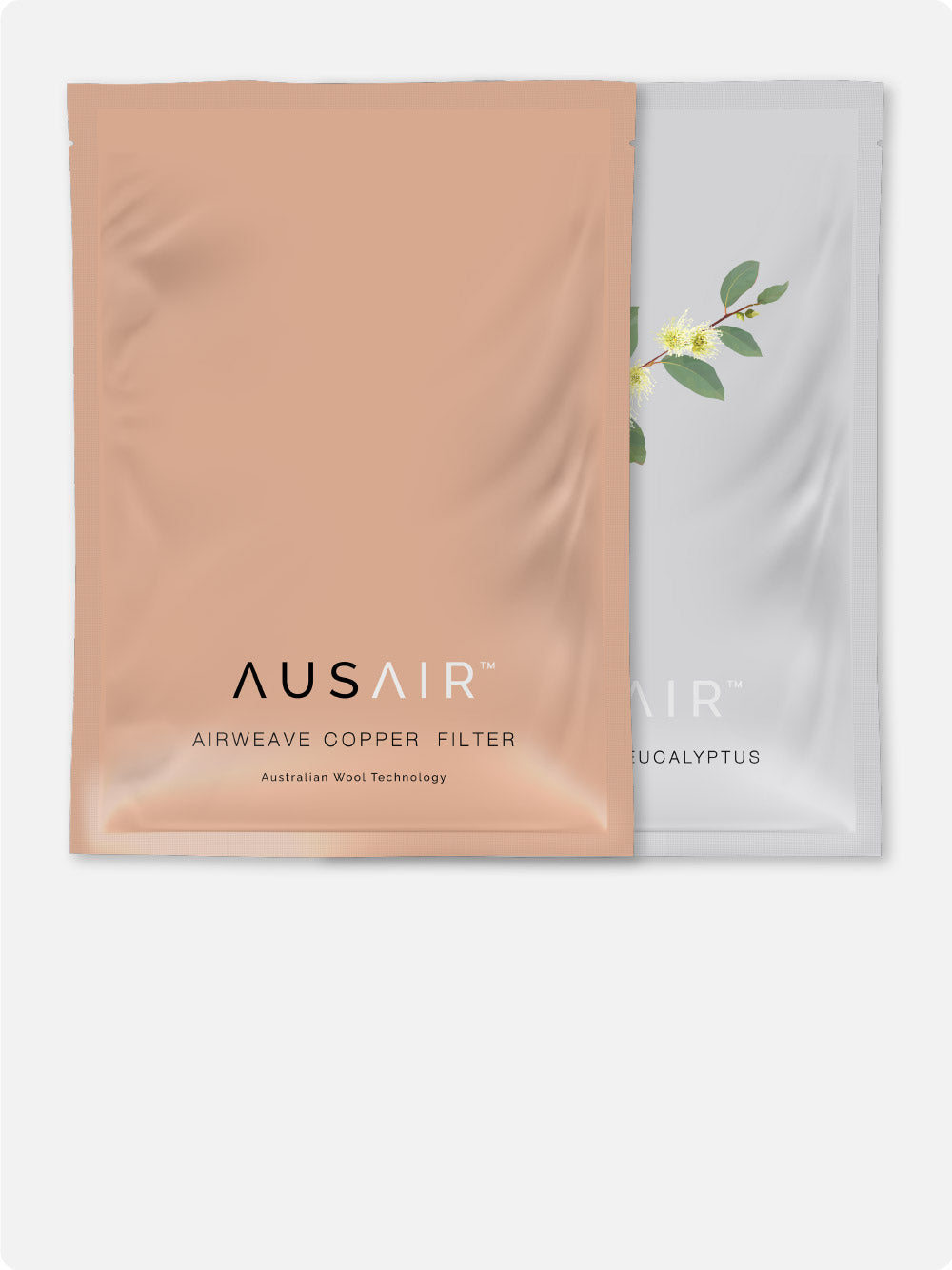
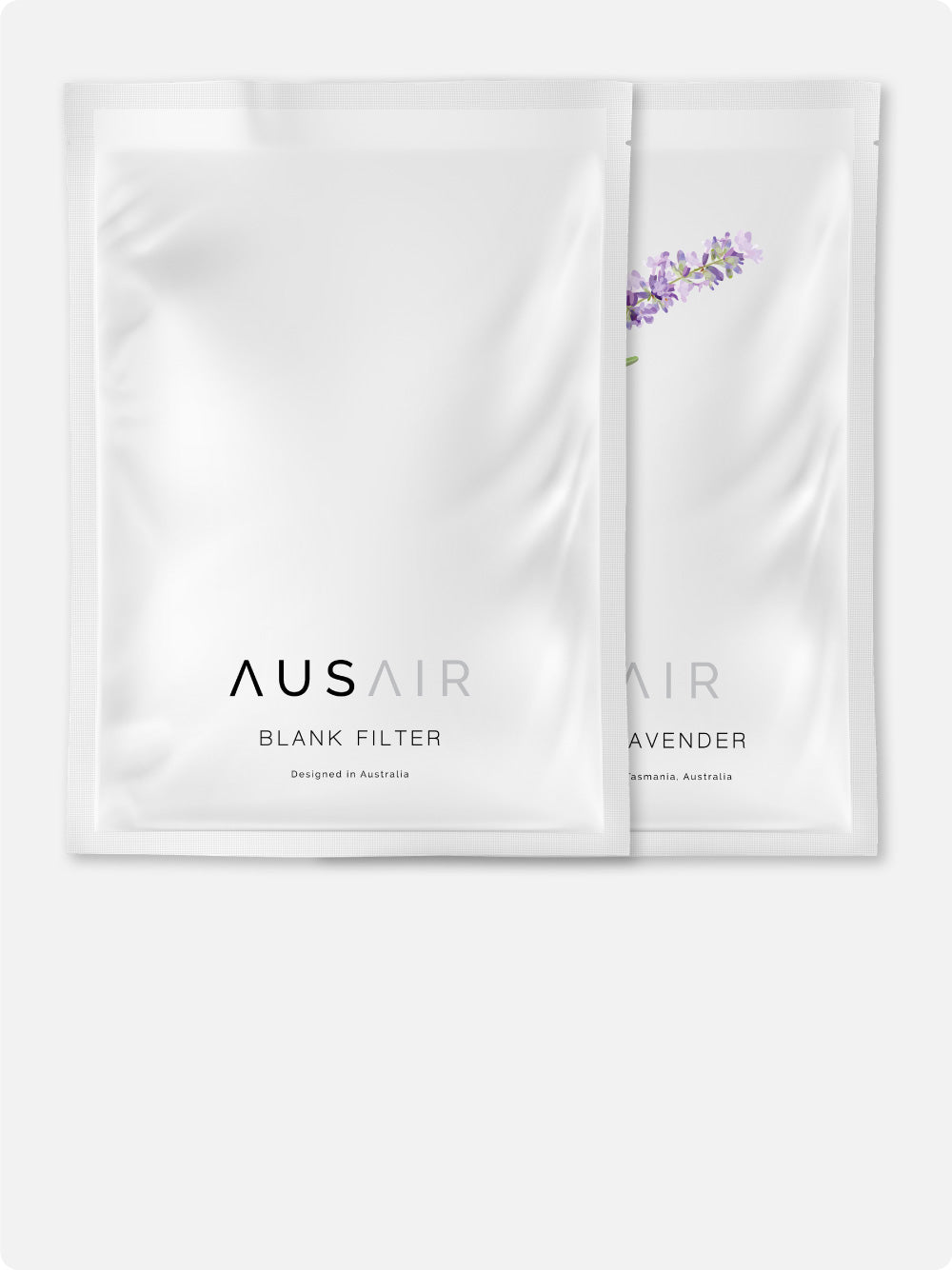
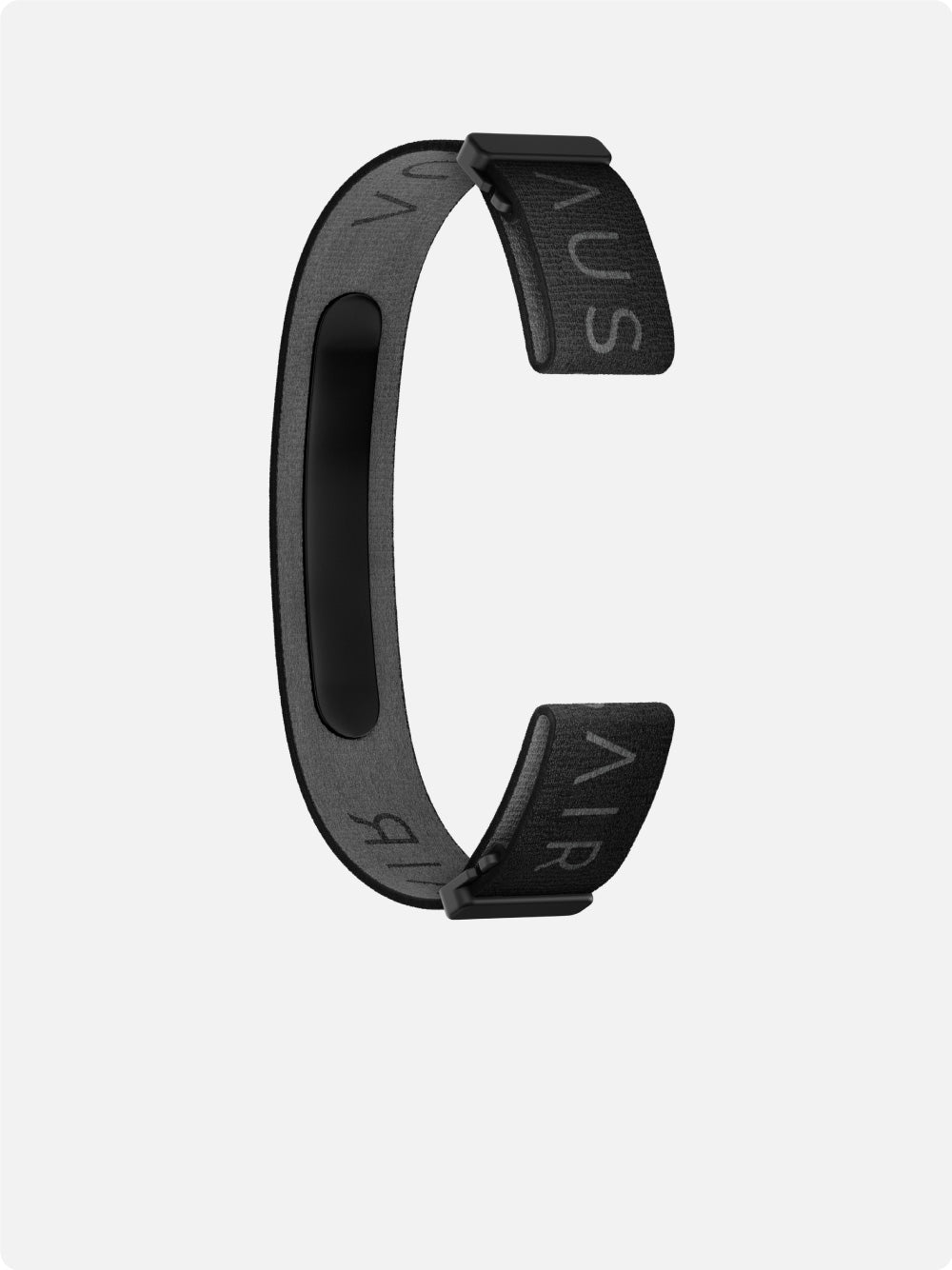
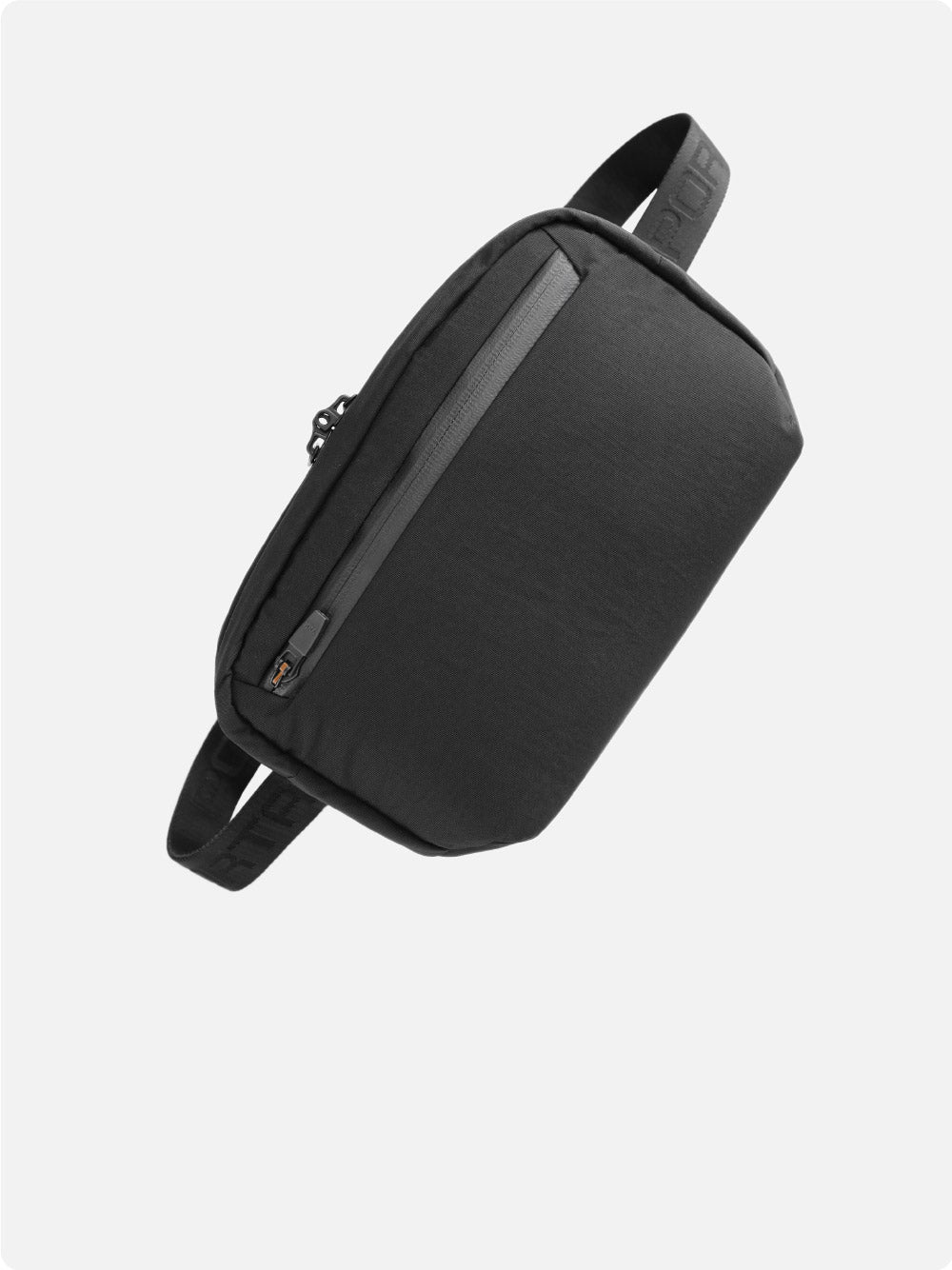
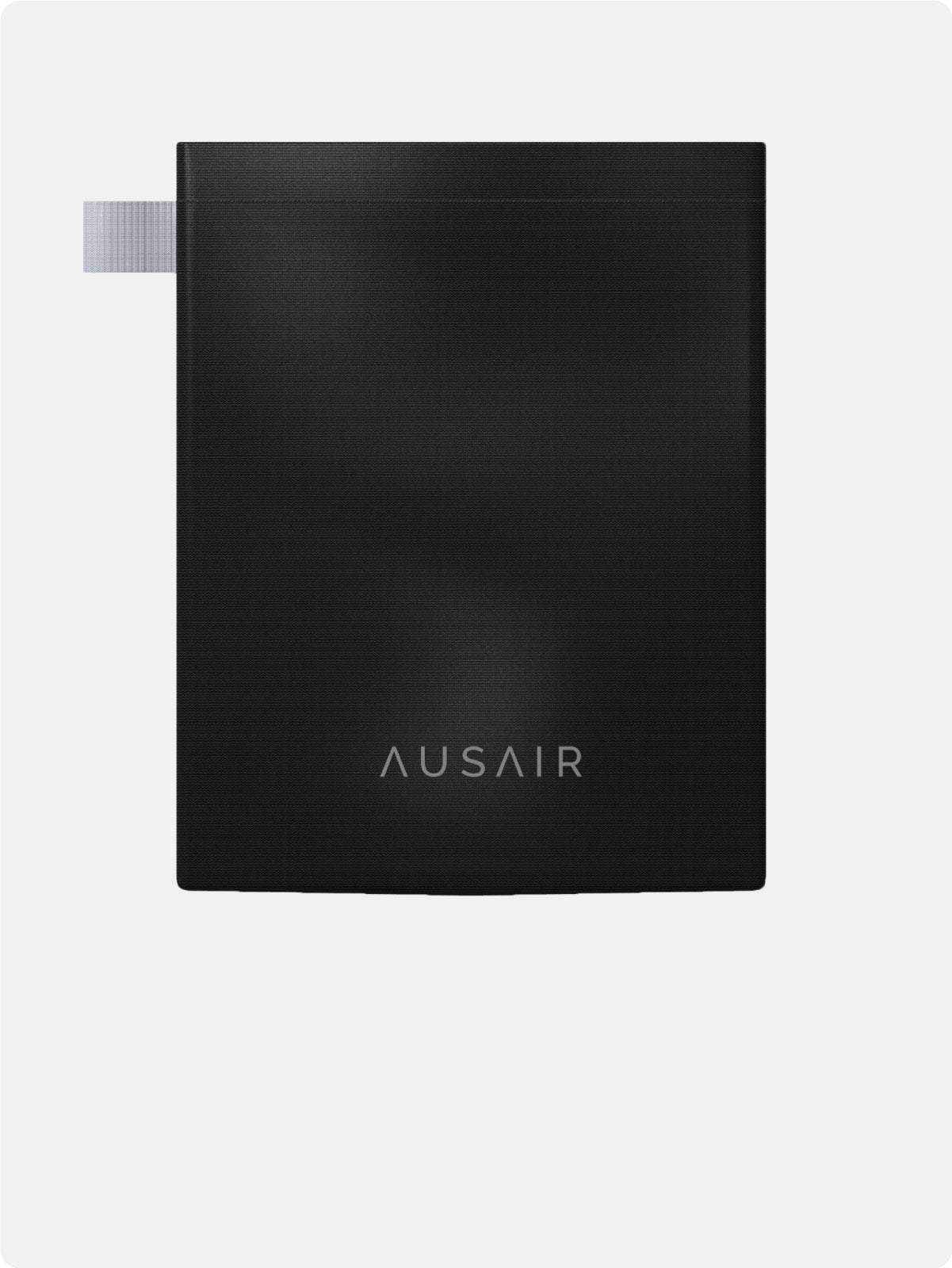



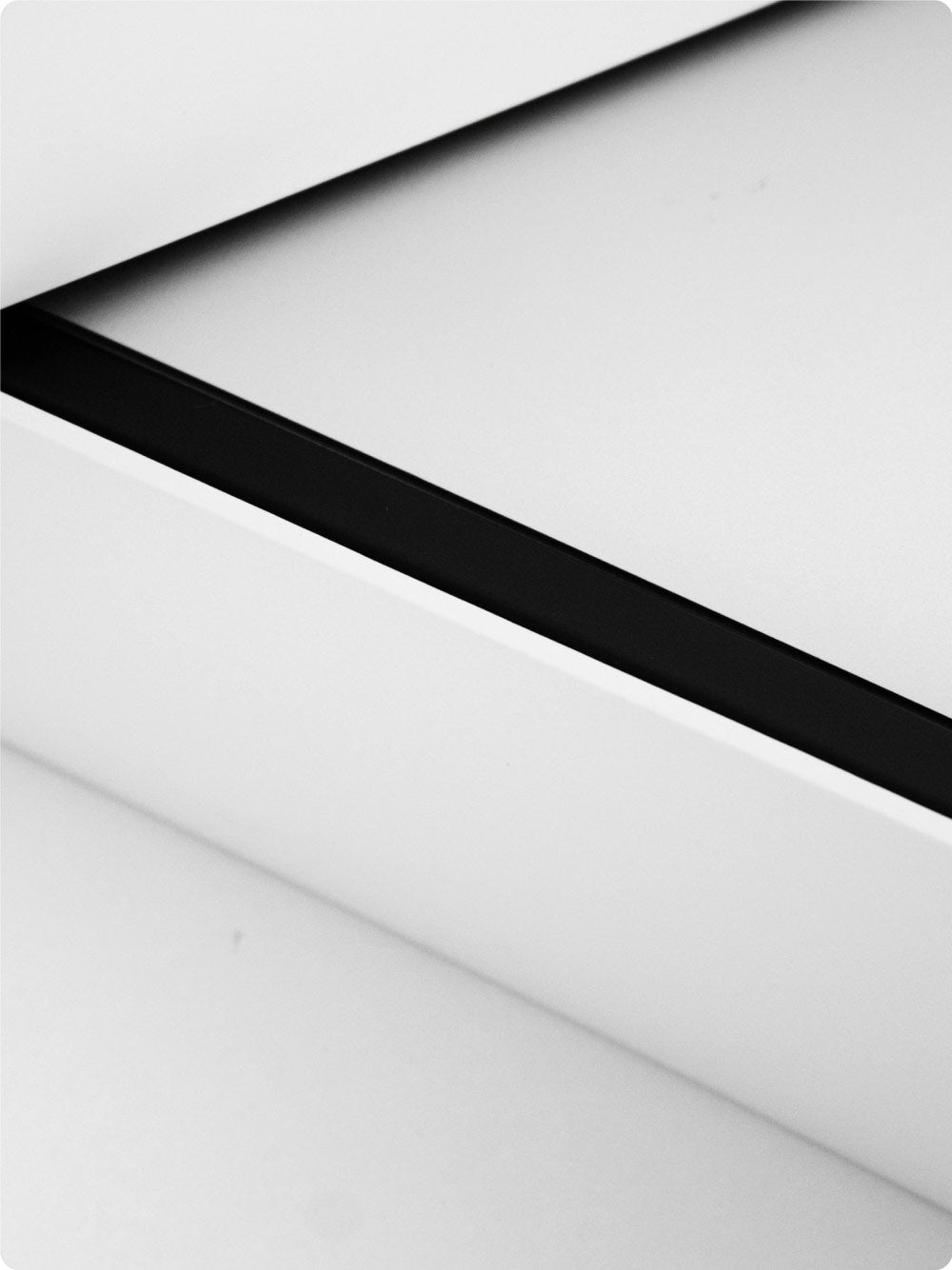
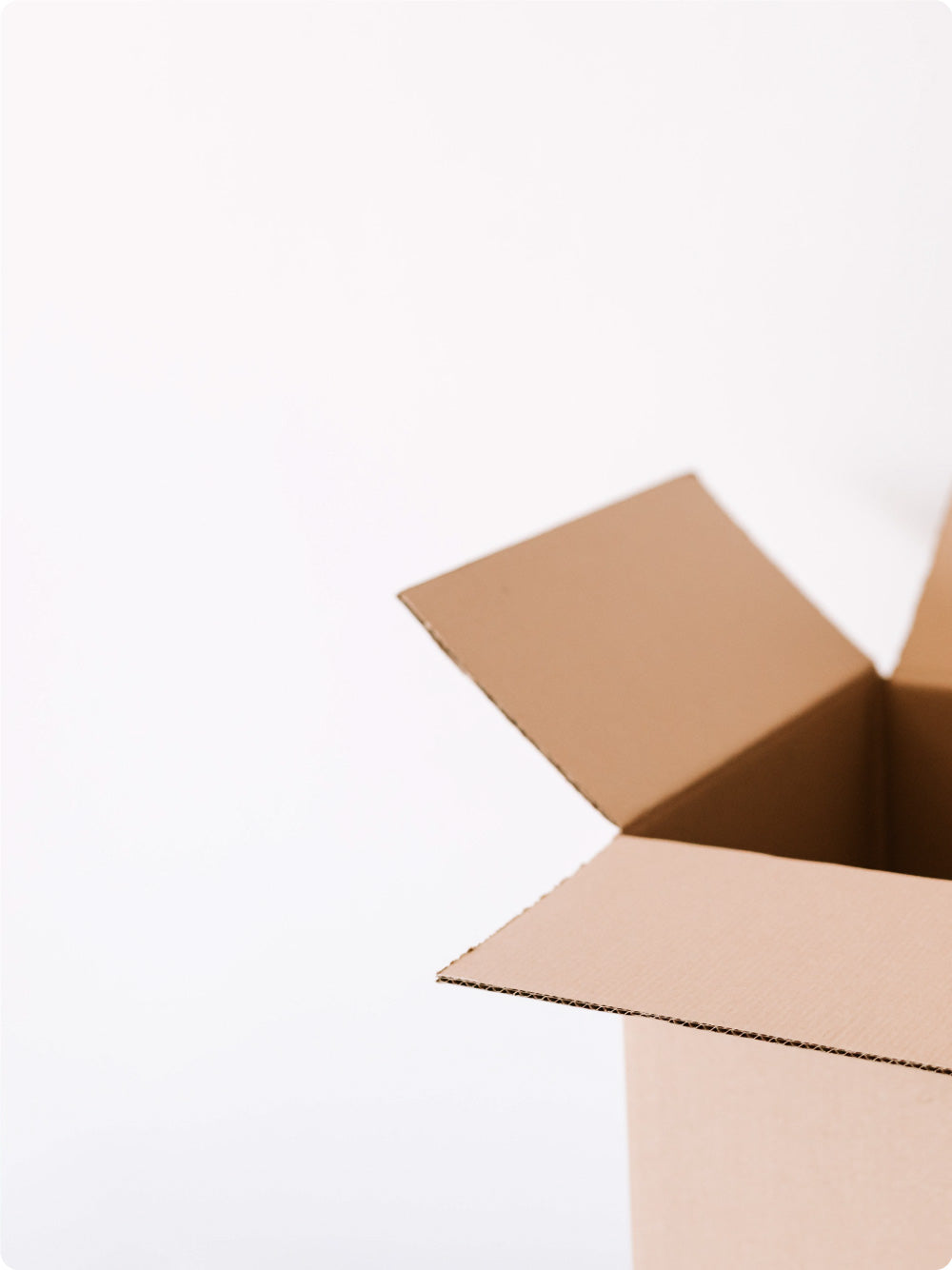

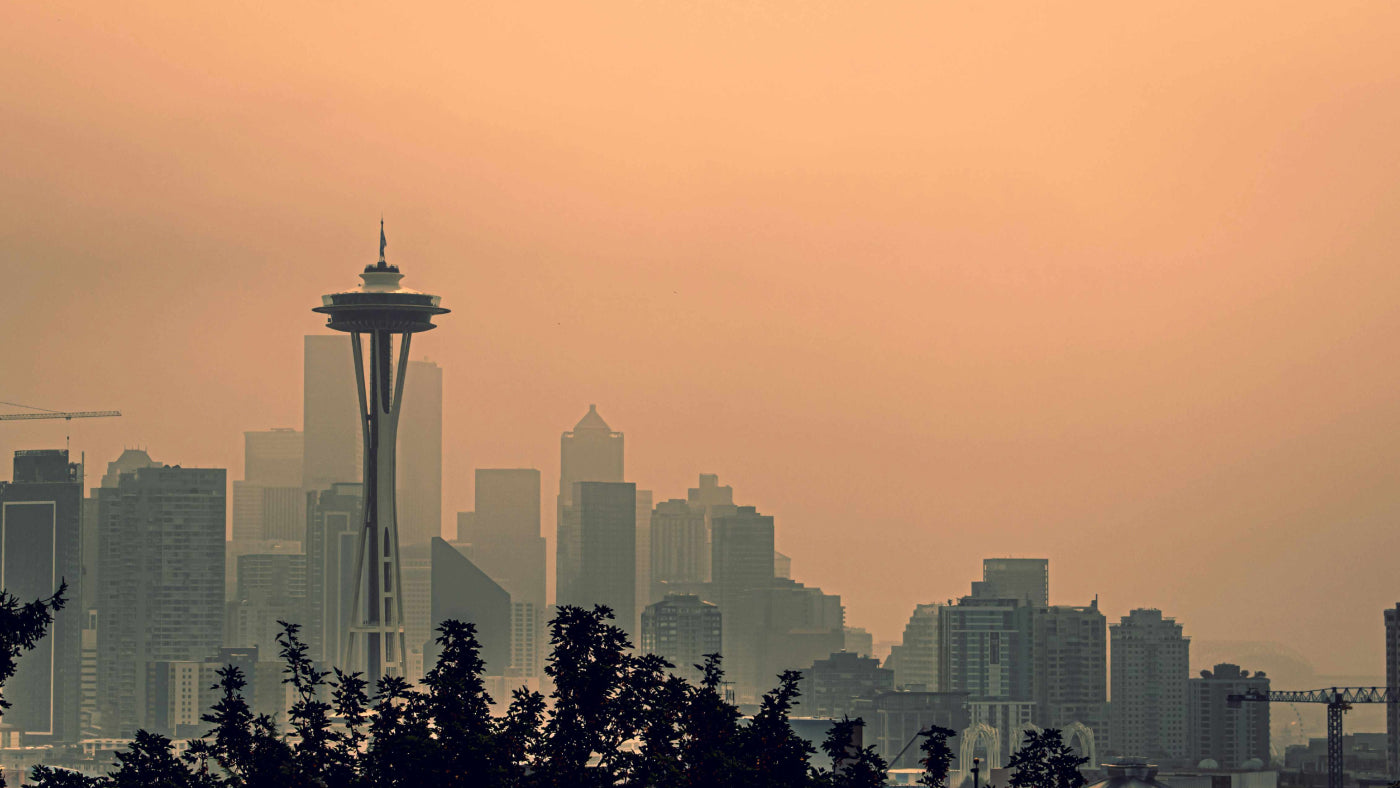
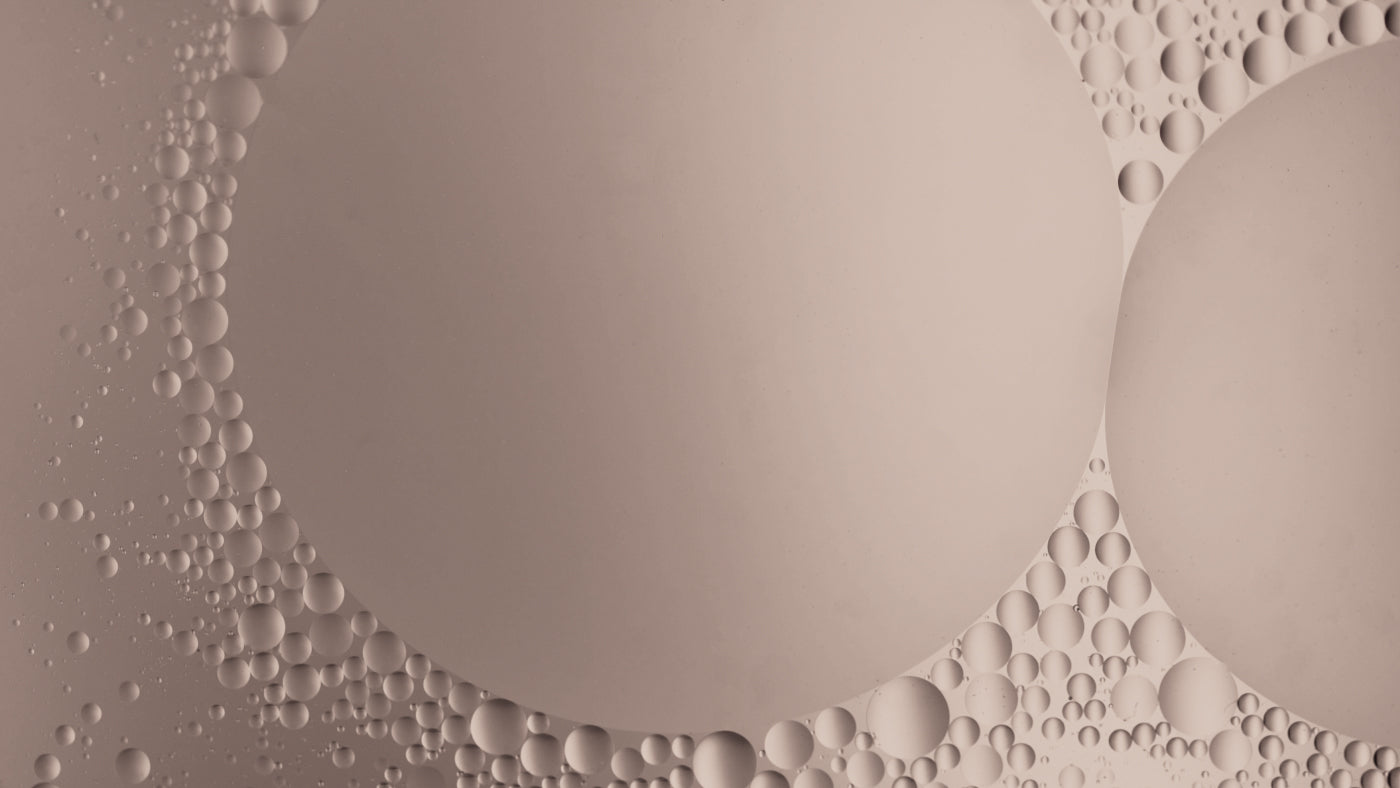
Leave a comment
All comments are moderated before being published.
This site is protected by hCaptcha and the hCaptcha Privacy Policy and Terms of Service apply.